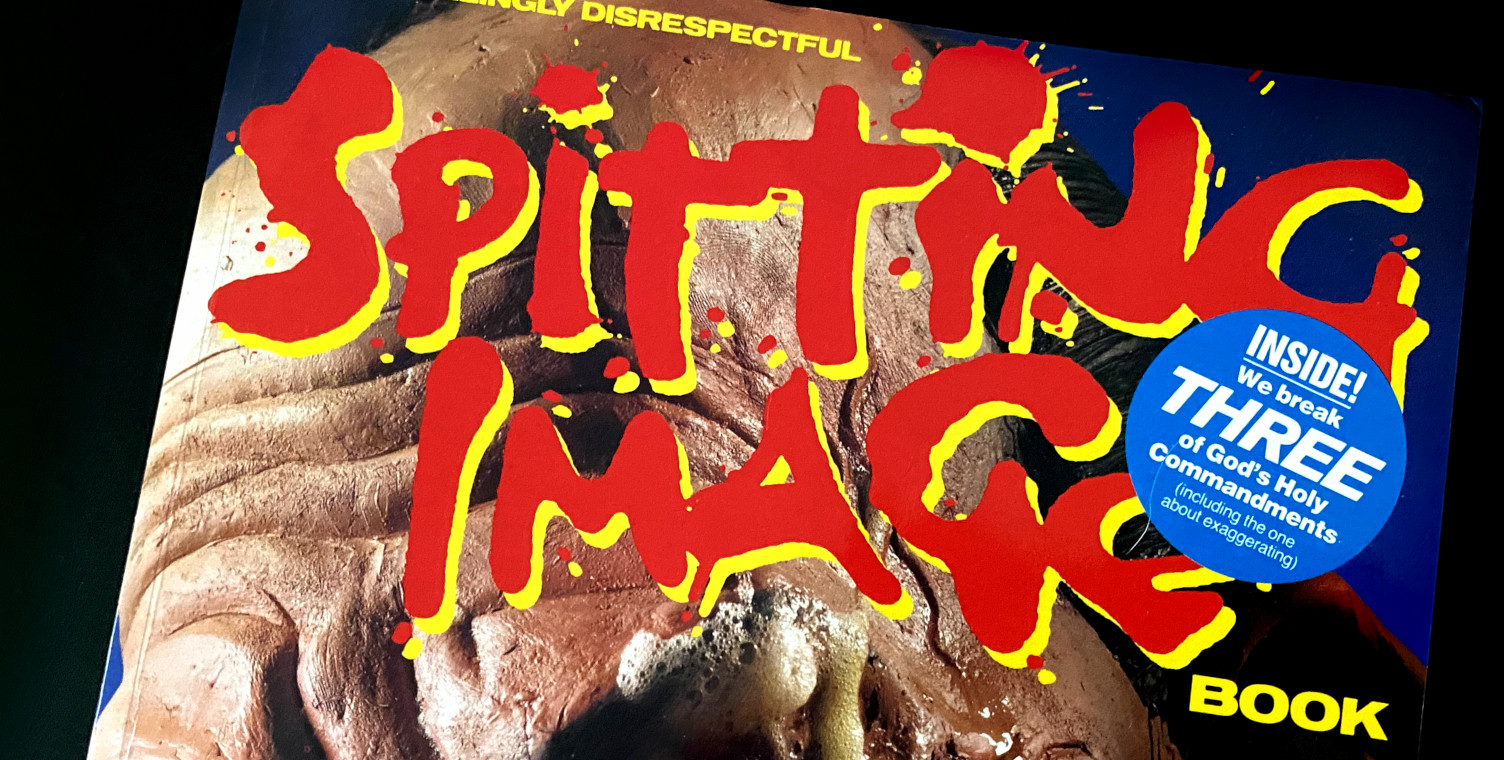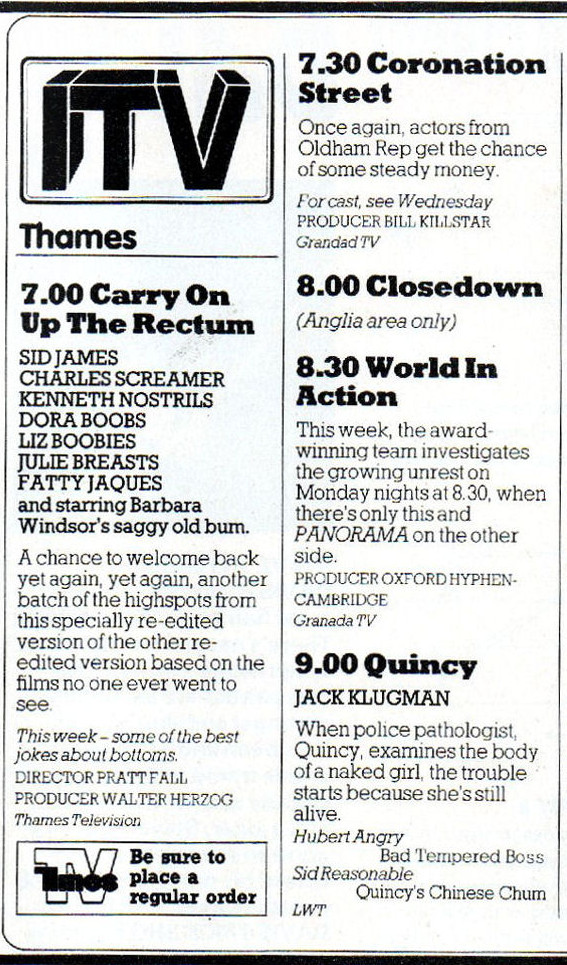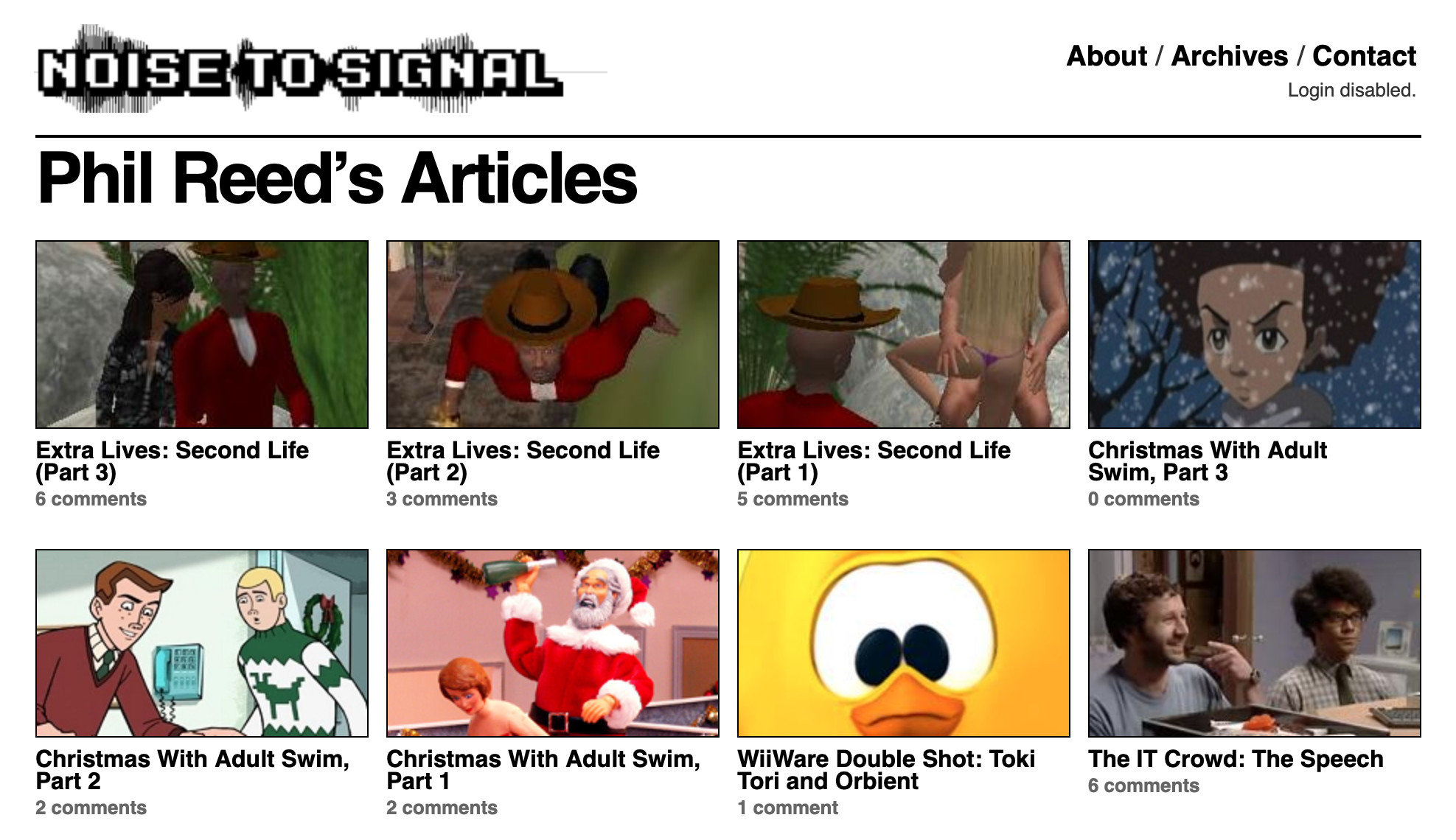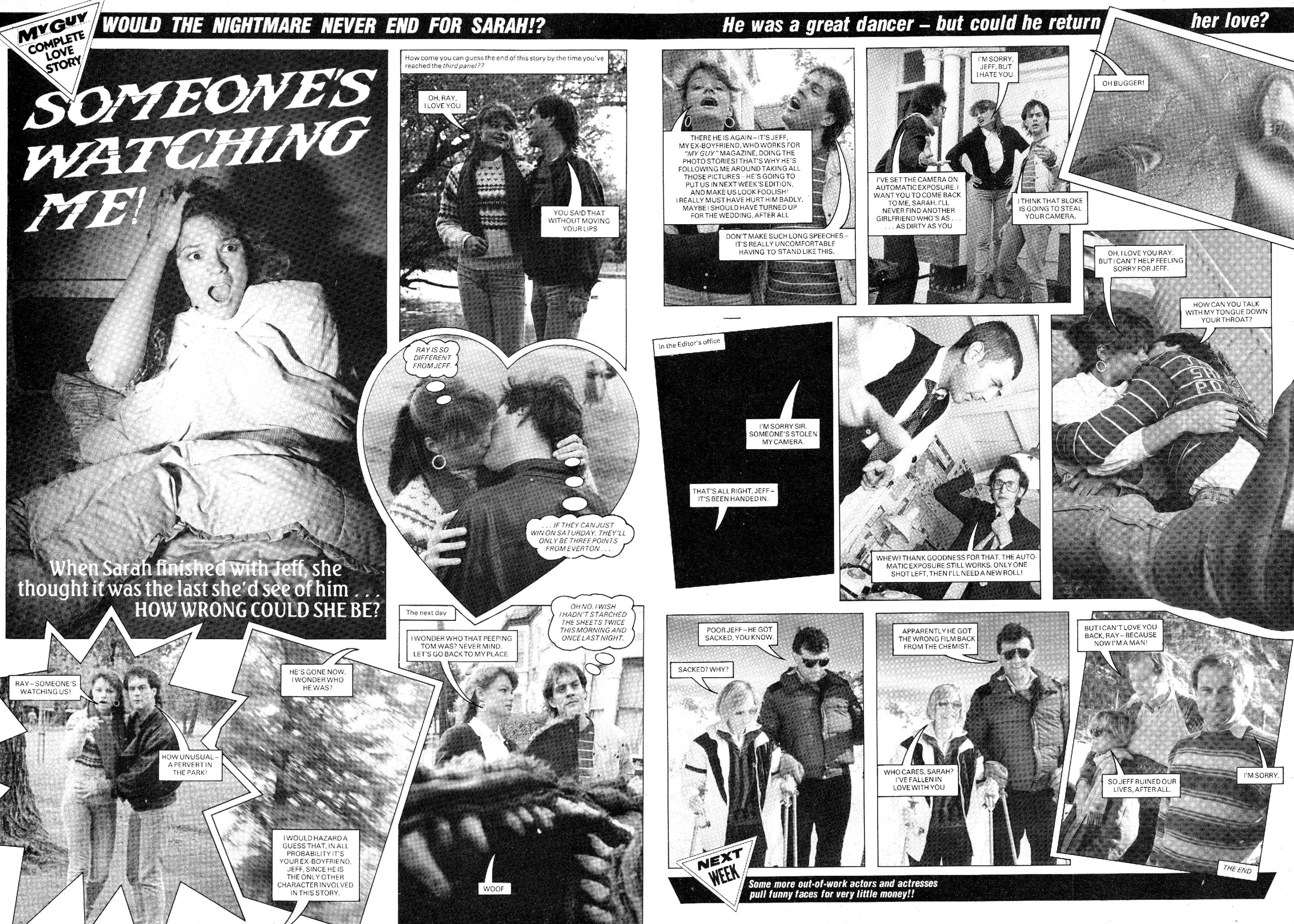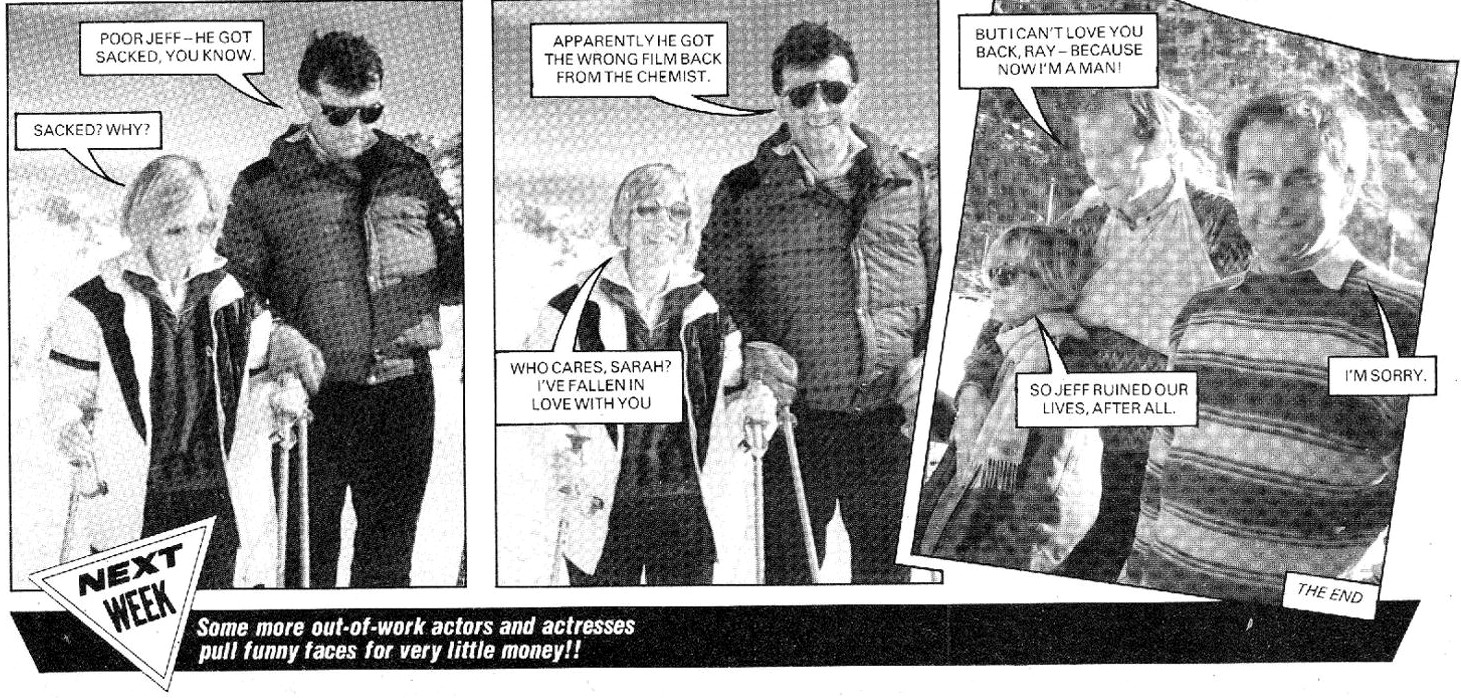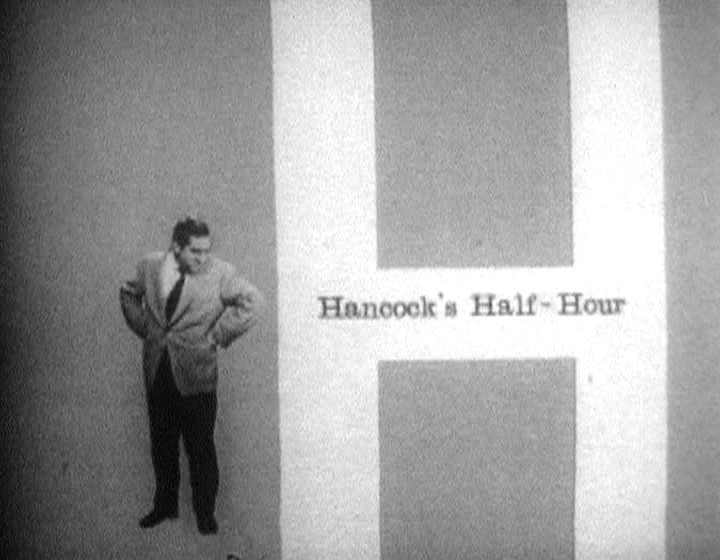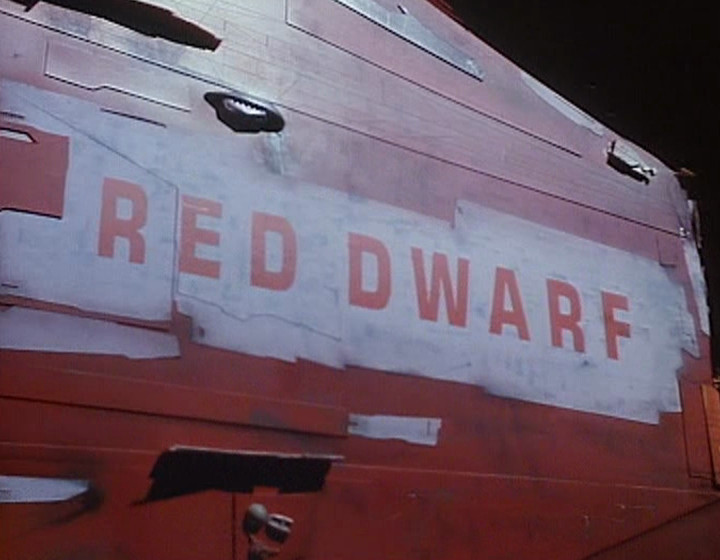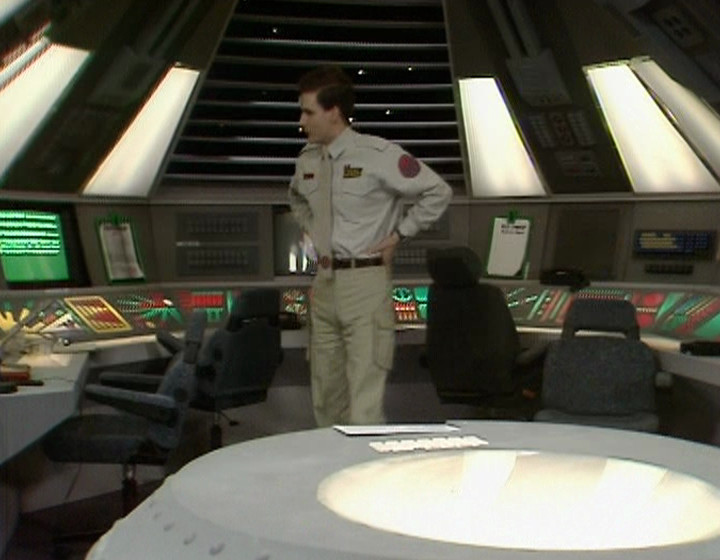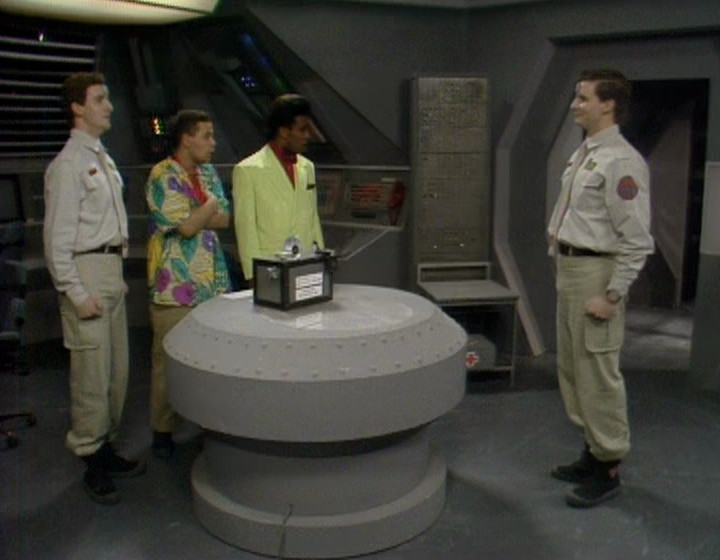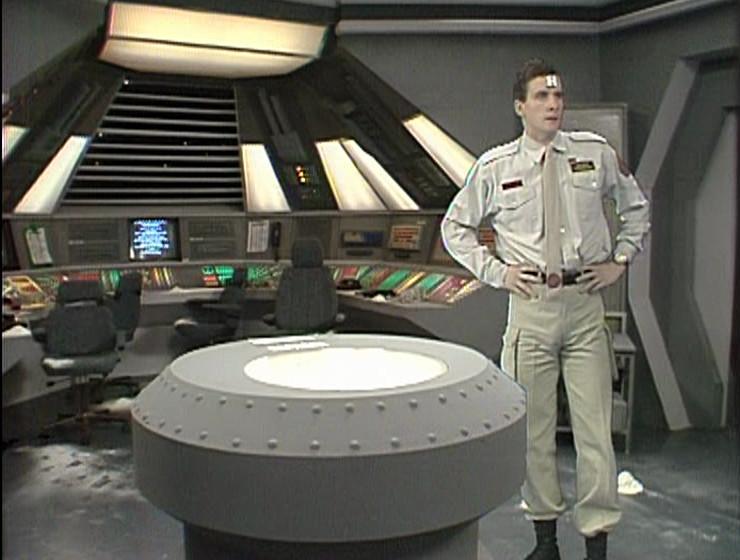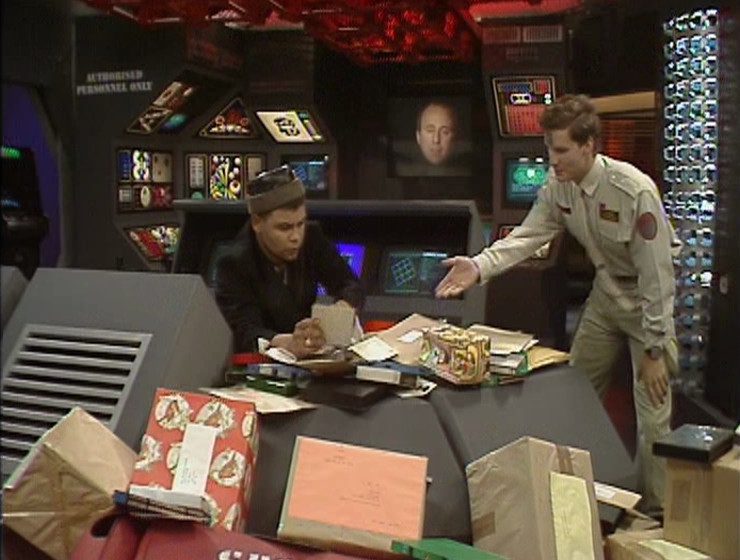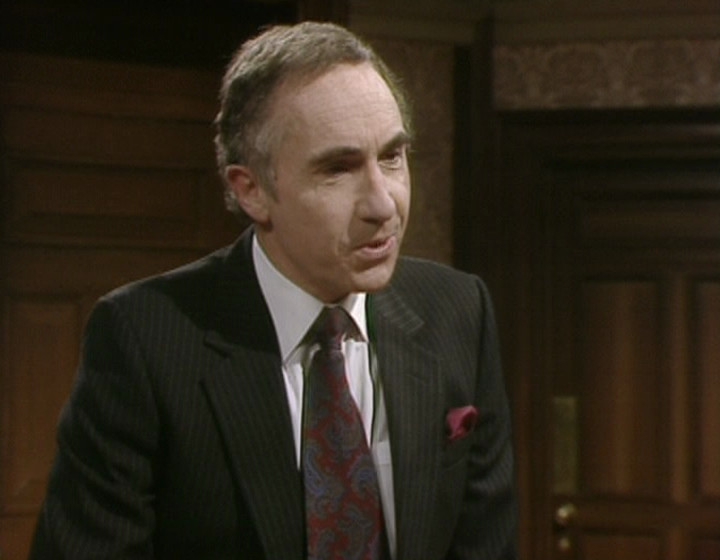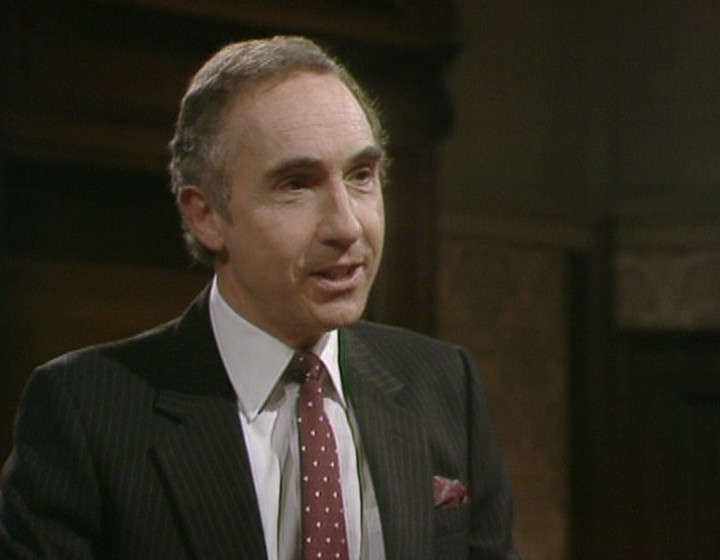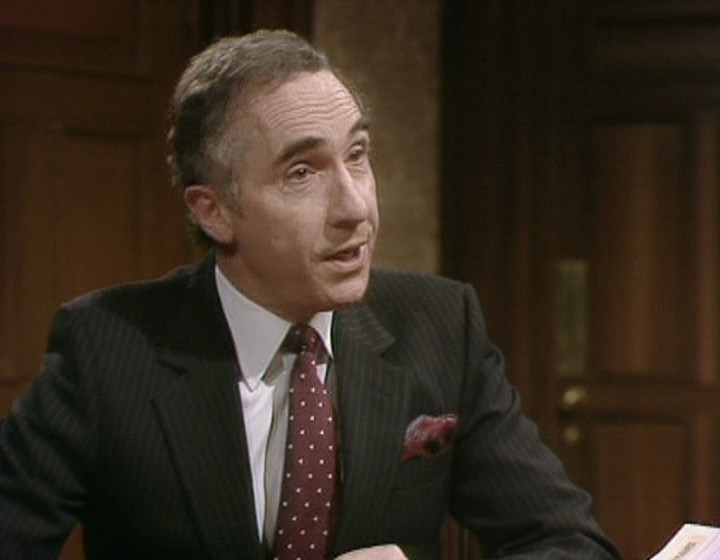Working in the pop culture mines can be hard.
Take this article on the 1990 Lucasfilm Games release Loom, written by one of my favourite writers, Jimmy Maher. As part of the background to the piece, however, he has to write about a different game:
“Lucasfilm Games’s one adventure of 1989 was a similarly middling effort. A joint design by Gilbert, Falstein, and Fox, Indiana Jones and the Last Crusade: The Graphic Adventure — an Action Game was also made — marked the first time since Labyrinth that the games division had been entrusted with one of George Lucas’s cinematic properties. They don’t seem to have been all that excited at the prospect. The game dutifully walks you through the plot you’ve already watched unfold on the silver screen, without ever taking flight as a creative work in its own right.”
Maher is quickly picked up on this characterisation of the Indiana Jones game in the comments by Jason Dyer:
“I’m going to have to disagree with you here:
The game dutifully walks you through the plot you’ve already watched unfold on the silver screen, without ever taking flight as a creative work in its own right.
There is a *lot* of branching. There is so much branching I actually have a hard time thinking of a “classic-style” adventure game with more branching. (Fate of Atlantis, which is admittedly a better game, does a big branch into 3 routes at the beginning, but doesn’t really have any plot-driven branches in the middle.)
For example, you can play the scene entering the castle exactly like the movie (Indy punching the butler out) but it is quite possible to talk your way in. If you do so, it makes other things either.
If you recall the scene where they get the grail book from Berlin: it’s possible to not even lose the book and be able to skip the Berlin scene entirely.
There are quite a few endings as well; things don’t have to go anything like the movie.”
Maher takes the point gracefully:
“Hmm… maybe I just tried to do what Indy did in the movie, found it generally worked, and didn’t explore further. This in itself is of course another problematic aspect of adapting a linear story to an adventure game, but it seems I may have underestimated the game’s flexibility.”
The conversation then goes on to discuss plenty of the different scenarios and solutions the game offers, which is well worth reading in its own right, but I won’t quote any more from it here. My point here is not to dwell on the fact that Maher misjudged the game. Rather my point is to show how easy it was for him to accidentally do so.
Because Maher’s article wasn’t about Indiana Jones. He was specifically talking about Loom. But in order to do so, he had to give a bit of background. So he gave something a reasonable poke, thought he had the measure of it, and ended up misjudging it.
Now, if that happens with the main subject of your article, that’s on you. If the mistake had been about Loom itself, it would have been far less forgivable. But here, Maher runs into the problem we all do when writing about pop culture online. Which is, of course, the same problem that everybody has when researching anything.
Because there is a sheer combinational problem with research. It is unreasonable to expect that in order for someone to write about Loom, they also have to have deeply researched Indiana Jones, and learn about all the different routes through the game. Maher did the most anybody could expect here: he played the game, and formed an opinion based on that. You can’t expect anybody to do more, when you are trying to publish to some kind of regular, sensible schedule.
Sometimes, with tangents, you need to take a slight leap of faith. And sometimes, that leap will be misjudged. If you misjudge the central topic of your article, that’s on you. If you misjudge a tangent, you might feel a bit silly… but it’s an error which is virtually impossible to avoid completely.
Of course, there are ways to try and avoid the worst of these. Getting people you trust to proofread your work is of course one. But there is a limit to how much you can expect others to do when they’re not part of a strict, paid editorial structure. When you’re striking out on your own, such things are inevitable.
So have pity on your local pop culture writer, when we inevitably fall into these mistakes. We try our best, or at least those of us worth reading do. And please, correct us if you see something wrong. We can’t know everything.
And any decent writer will accept a correction with good grace.

